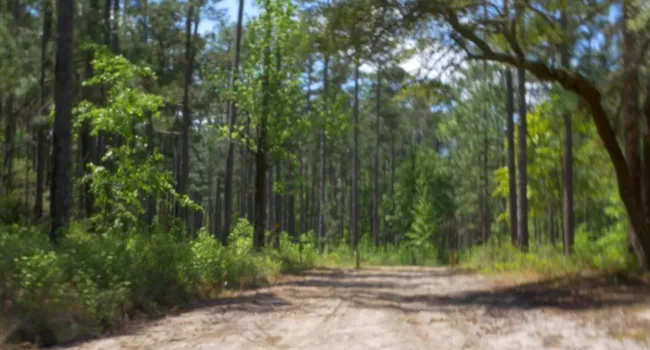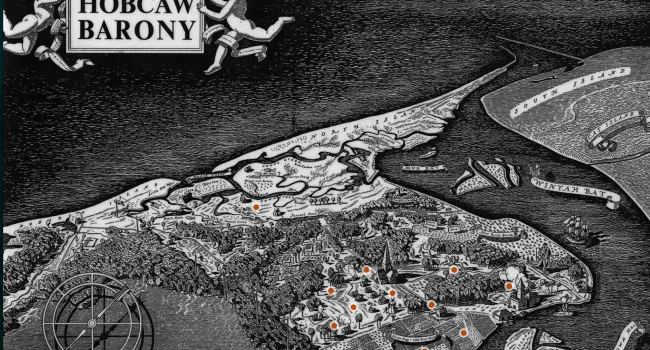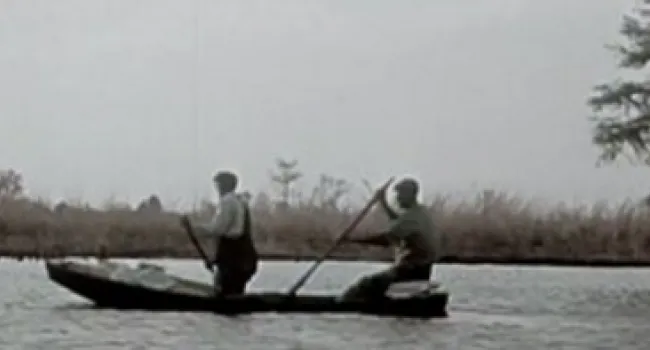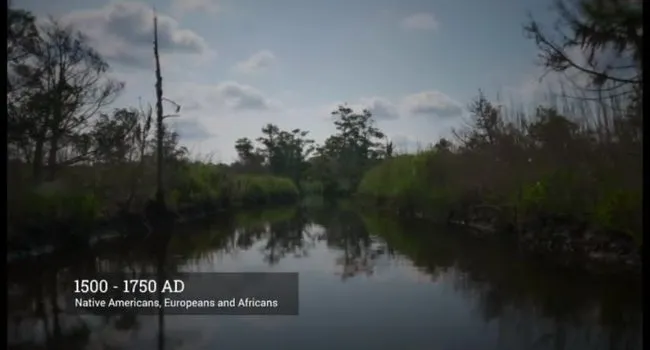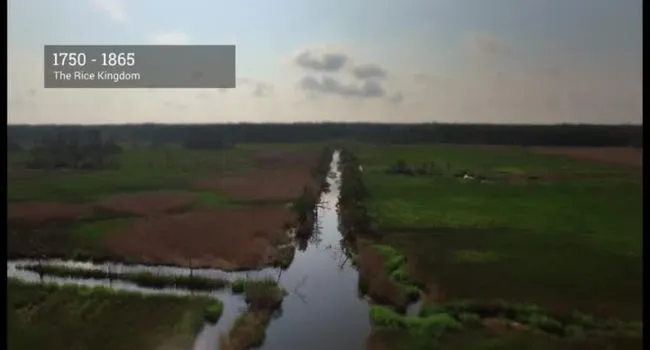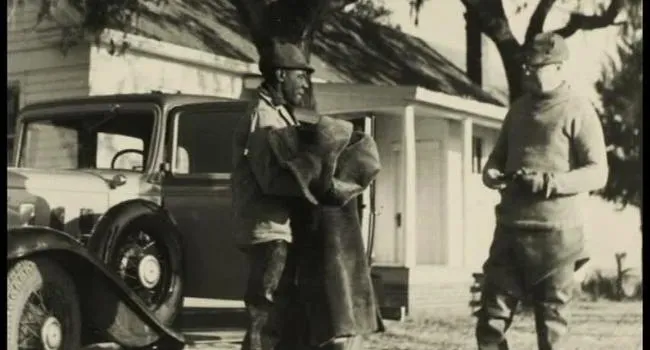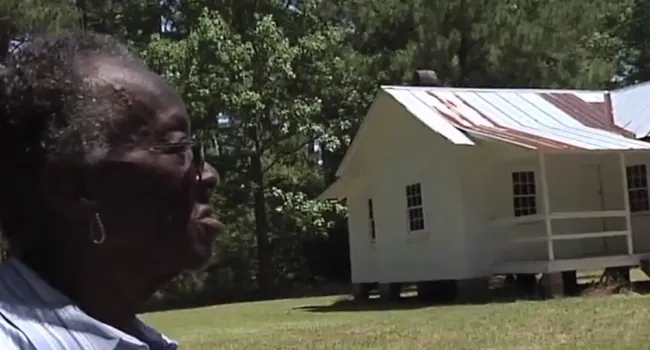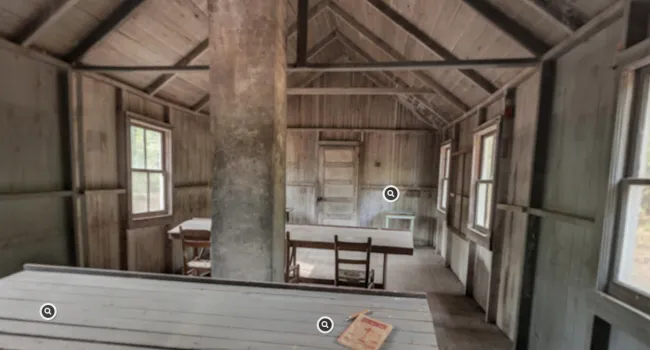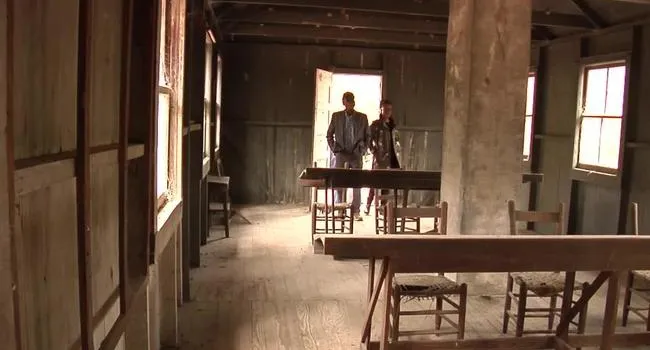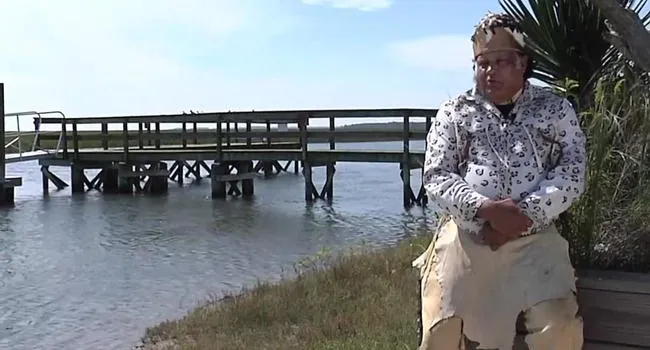The area of Georgetown went from one of the wealthiest districts prior to the Civil War, to one of the poorest. Lee Brockington, senior interpreter at Hobcaw Barony, discusses the impact of the ending of slavery, and how that affected plantation owners.
Reconstruction, the country coming to terms with the consequences of the Civil War, also meant the end of slavery. The end of the Civil War had a drastic impact on the economy of the low country. One of those problems was the transition from “slave labor” to “free labor.” African-Americans no longer wanted to work for Whites, and they wanted to own land, while Whites wanted to keep Blacks in a situation as close to slavery as possible. Reconstruction was the first time in American history where the country tried to unite Whites and African-Americans as political equals, and we are still facing some of these problems in present times. Historian Eric Foner joins to discuss the ramifications of the Reconstruction era in Hobcaw Barony.
The 1880s is seen as the last gasp of the “Rice Kingdom” in the Southeast United States. Some rice was grown after the Civil War, but it was nowhere near the cash crop that it used to be. Mary E. Miller, Belle Baruch biographer, and historian Dale Rosengarten talk about the economic hardships rice farmers faced in the early 20th century, and the impacts on the rice industry by millionaire Bernard Baruch.
Standards
- 4.5.CX Contextualize the economic, labor, political, and social conditions in South Carolina during the period of Reconstruction.
- 4.5.E Analyze multiple perspectives of the economic, political, and social effects of Reconstruction on different populations in the South and in other regions of the U.S.
- 8.3 Demonstrate an understanding of conflict and compromise in South Carolina, the Southern region, and the United States as a result of sectionalism between the period 1816–1865.
- This indicator was developed to encourage inquiry into the changes that served as a catalyst for Reconstruction. The indicator was also designed to promote inquiry into how these actions affected the economic, political, and social conditions in the South.
- This indicator was designed to encourage inquiry into the economic implications of the expansion of the rice and cotton industries. This indicator was also developed to promote inquiry into Westward Expansion, the mutually beneficial impact of cotton on Northern factories and southern plantations, and the emerging national and international markets.
- 8.3.CC Analyze debates and efforts to recognize the natural rights of marginalized groups during the period of expansion and sectionalism.
- This indicator was designed to encourage inquiry into the continuities and changes of the experiences of marginalized groups such as African Americans, Native Americans and women, as the U.S. expanded westward and grappled with the development of new states.
- 8.3.E Utilize a variety of primary and secondary sources to analyze multiple perspectives on the effects of the Civil War within South Carolina and the United States.
Resources
You need to be logged in to listen to view this content. Create an account now; it's quick, easy, and free!
Log In to View